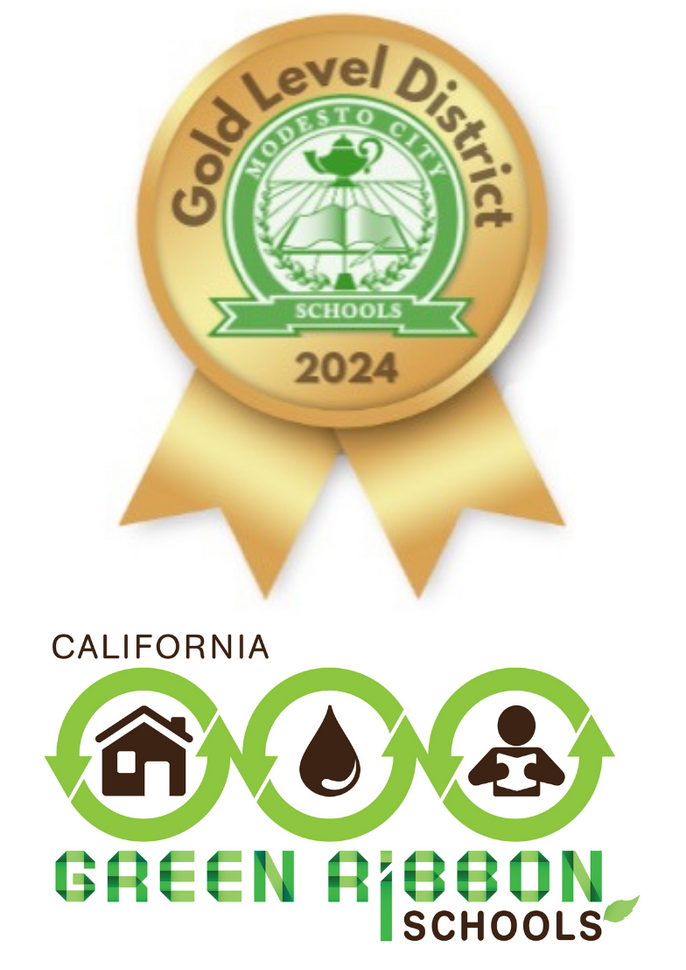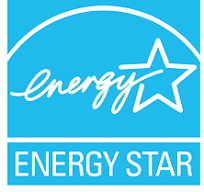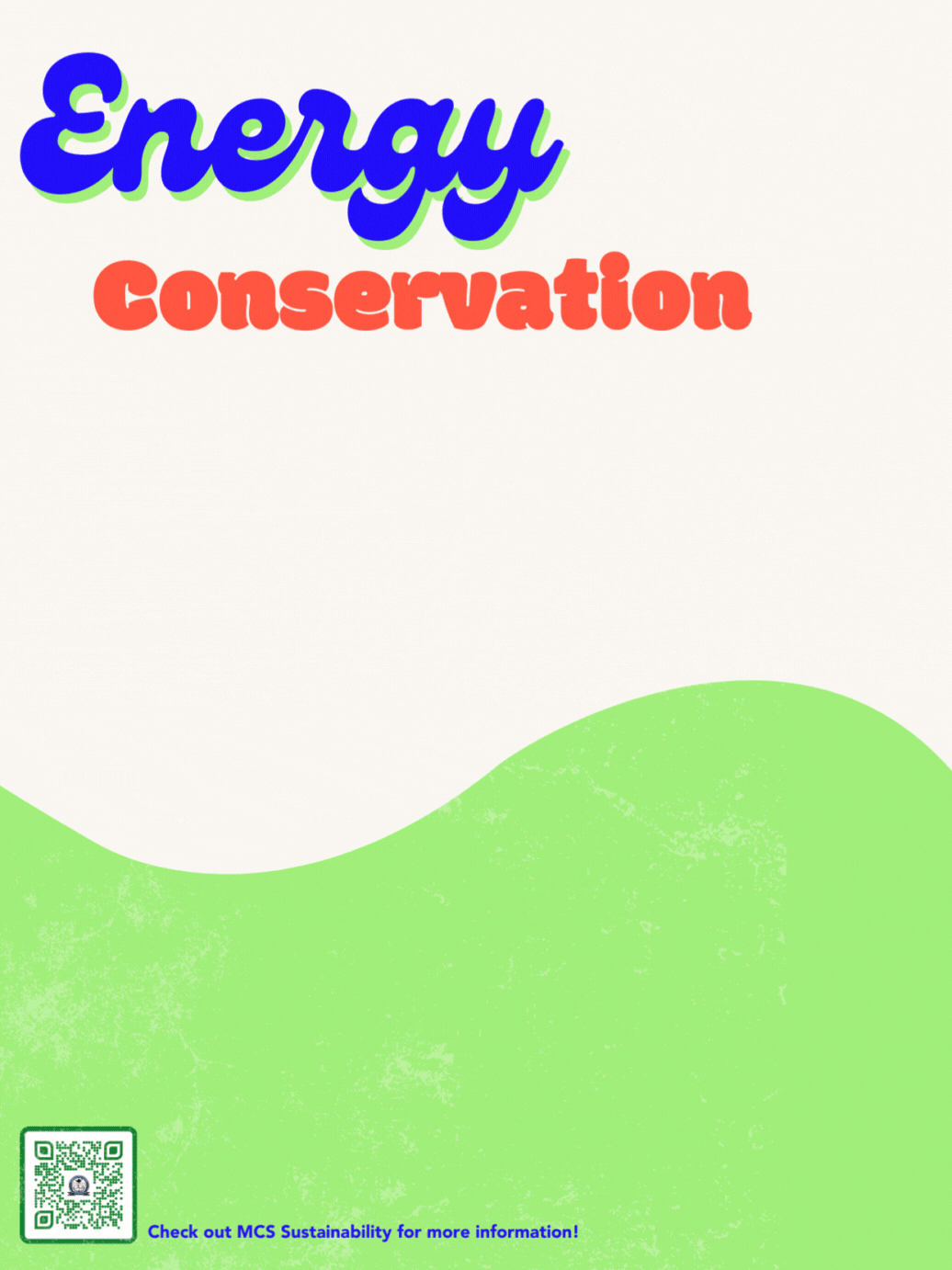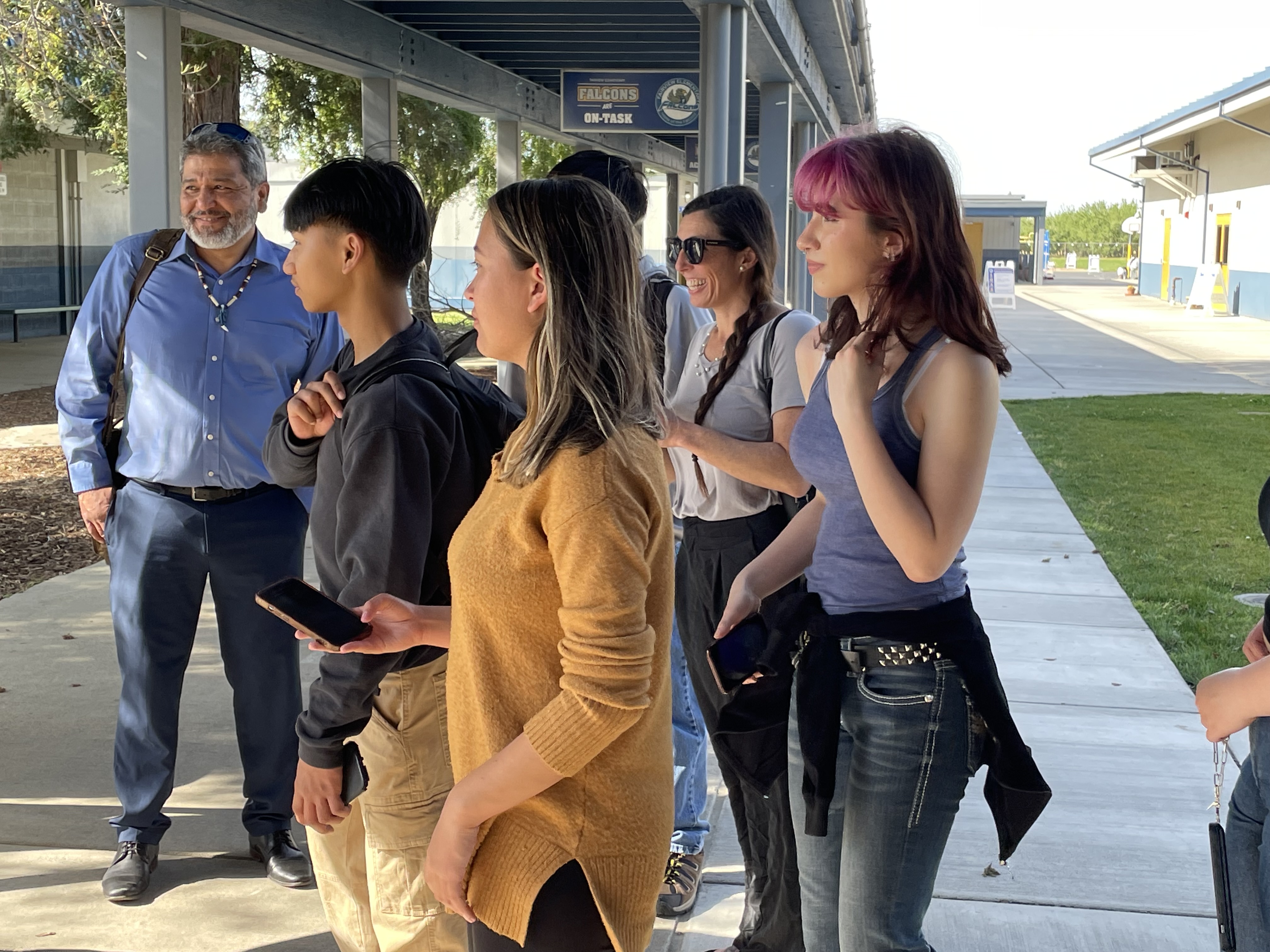🌞Solar on Campus
🚘Carports
It's hard not to notice the giant solar panels that now provide shade covering and solar production in the parking lot! Davis's panels will produce 475.713 kWh and provide 33,507 sq. feet of shaded covering. Davis's panels officially started producing solar energy on April 2, 2024!
Did you know solar panels absorb significantly less energy (1.8 kWh per square meter per day) than asphalt (5.4 kWh per square meter per day)? This change in energy absorption alters the amount of infrared radiation reaching the ground, providing cooler space for students and transportation staff.
To learn more about solar energy at MCS, check out the District Green Infrastructure tab!
CTE Programs
Climate Action Pathways (CAPS)
Climate Action Pathways for Schools (CAPS) is a California-based non-profit organization providing paid internship programs designed to meet a school district’s climate action goals. Junior and Senior interns' work is focused on reducing greenhouse gas emissions at a school district level developed in 5 key areas, including clean transportation, building decarbonization, food systems, water conservation, and water management.
A cohort of students from MCS high schools, including Davis, have the unique opportunity to be part of a process of creating change that can be measured and seen within their school and community.
Student Energy Audits!
After analyzing energy data and understanding site plans, our Climate Action Pathways high school interns conducted energy audits of some district campuses. They prepared questions and interviewed head custodians, our Cenergistic Energy Specialist, and other applicable staff.
Future Renewable Energy Pathways
The district's investment in solar carports and an electric school bus fleet, as well as other sustainability initiatives, has sparked interest in developing technical education programs for high school students to pursue renewable energy curriculum in Career Technical Education (CTE) classes.
District-Wide Sustainability






